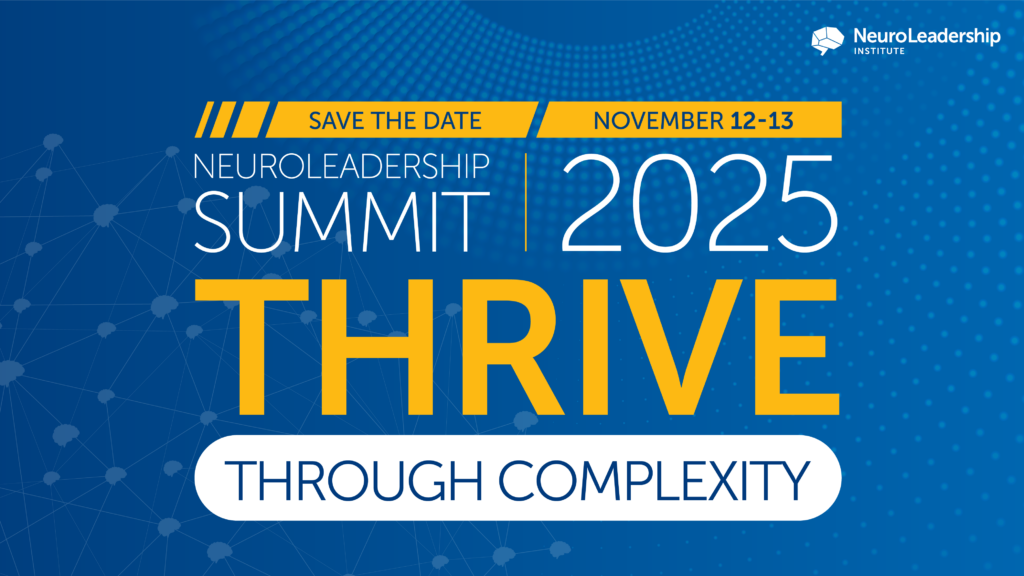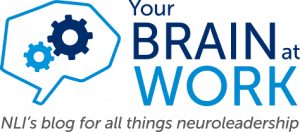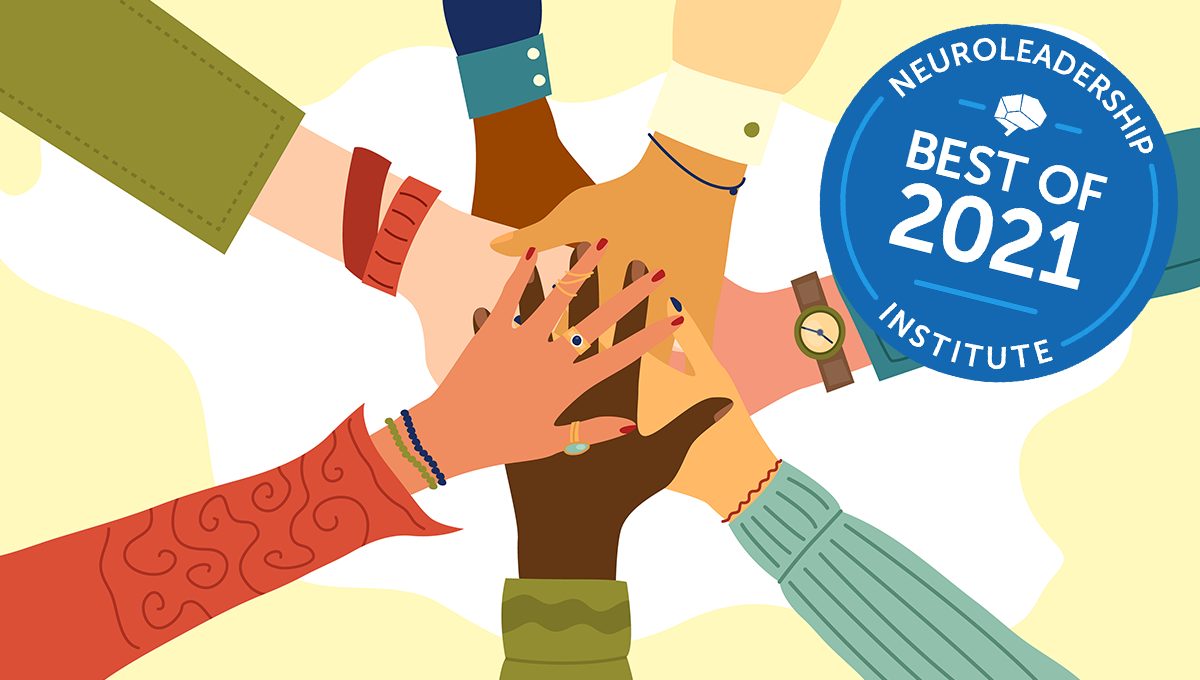by Chris Weller Today marks Day 1 of the 2025 NeuroLeadership Summit: Thrive Through Complexity, a two-day event dedicated to a theme that so many leaders and organizations have been...
Read More →

FEATURED INSIGHT
by Chris Weller Today marks Day 1 of the 2025 NeuroLeadership Summit: Thrive Through Complexity, a two-day event dedicated to a theme that so many leaders and organizations have been...
Read More →
In this year-end content round-up, we compile our best advice on ways leaders can embrace hybrid work, and provide employees the autonomy they want to lead them to more productive and engaged outcomes.

In our DE&I round-up, we highlight this year’s DE&I advancements, while also recognizing large gaps that need to be closed to continue down the path of long-lasting and impactful allyship.

As a society that thrives on completion, we often feel that as the finish line approaches, we become more desperate to get there. Research shows that thinking that way can undermine good habit formation. NLI’s Emma Sarro unpacks how we can make sense of this conundrum.

So many of us are trying to be better allies in the workplace. But research shows a discrepancy between the intent of allies and the impact of their actions. Here’s how to be a better ally.

Familial arguments are common over the holidays—but there are brain-friendly tactics you can use to stay on friendly and firm common ground.

Join millions of employees in creating culture change at scale by reaching out today.

In 2007, David and Lisa Rock and their team had been working in leadership development and executive coaching for ten years, when David coined the term “NeuroLeadership.”ef

North America
Africa
South America
Asia
Europe
Australia
© NeuroLeadership Institute 2025. All Rights Reserved
This site uses cookies to provide you with a personalized browsing experience. By using this site you agree to our use of cookies as explained in our Privacy Policy. Please read our Privacy Policy for more information.